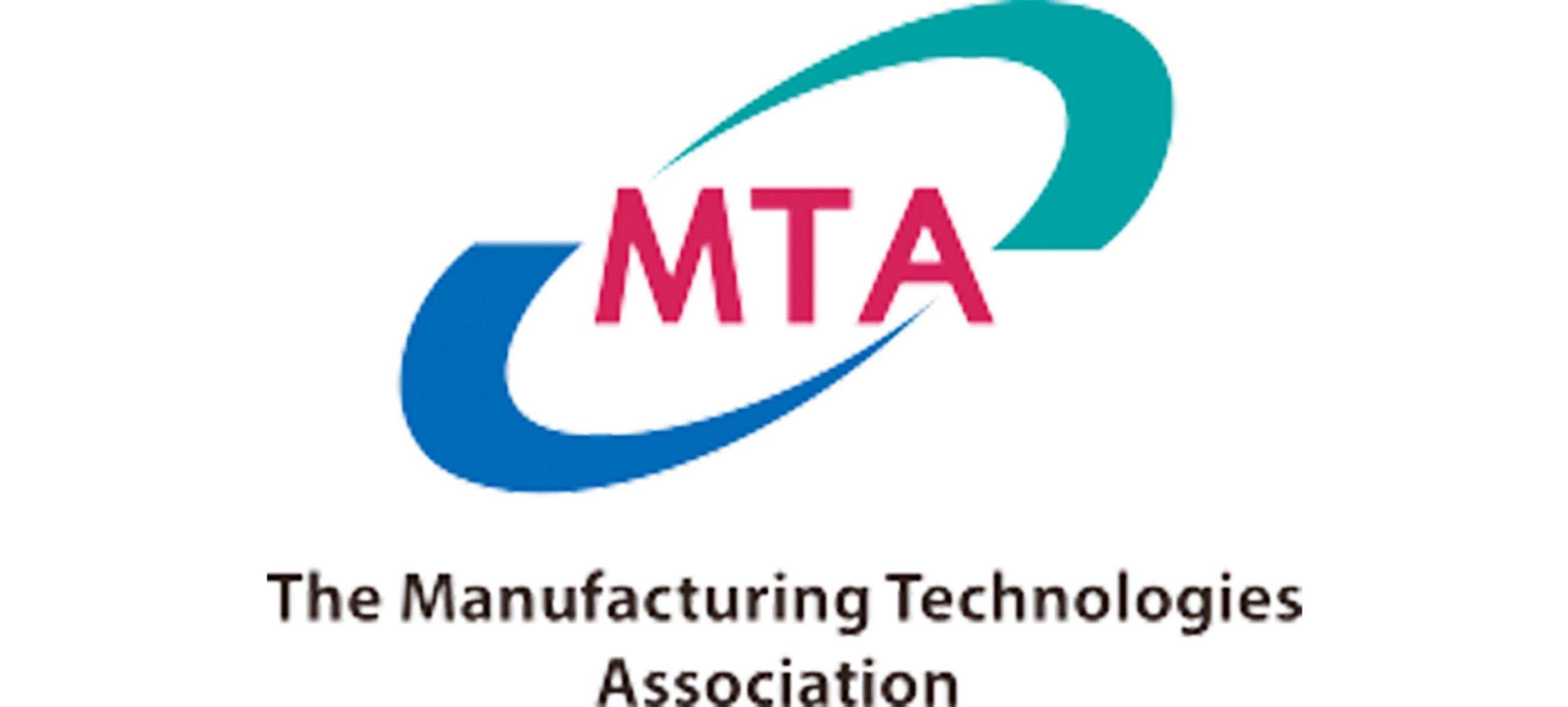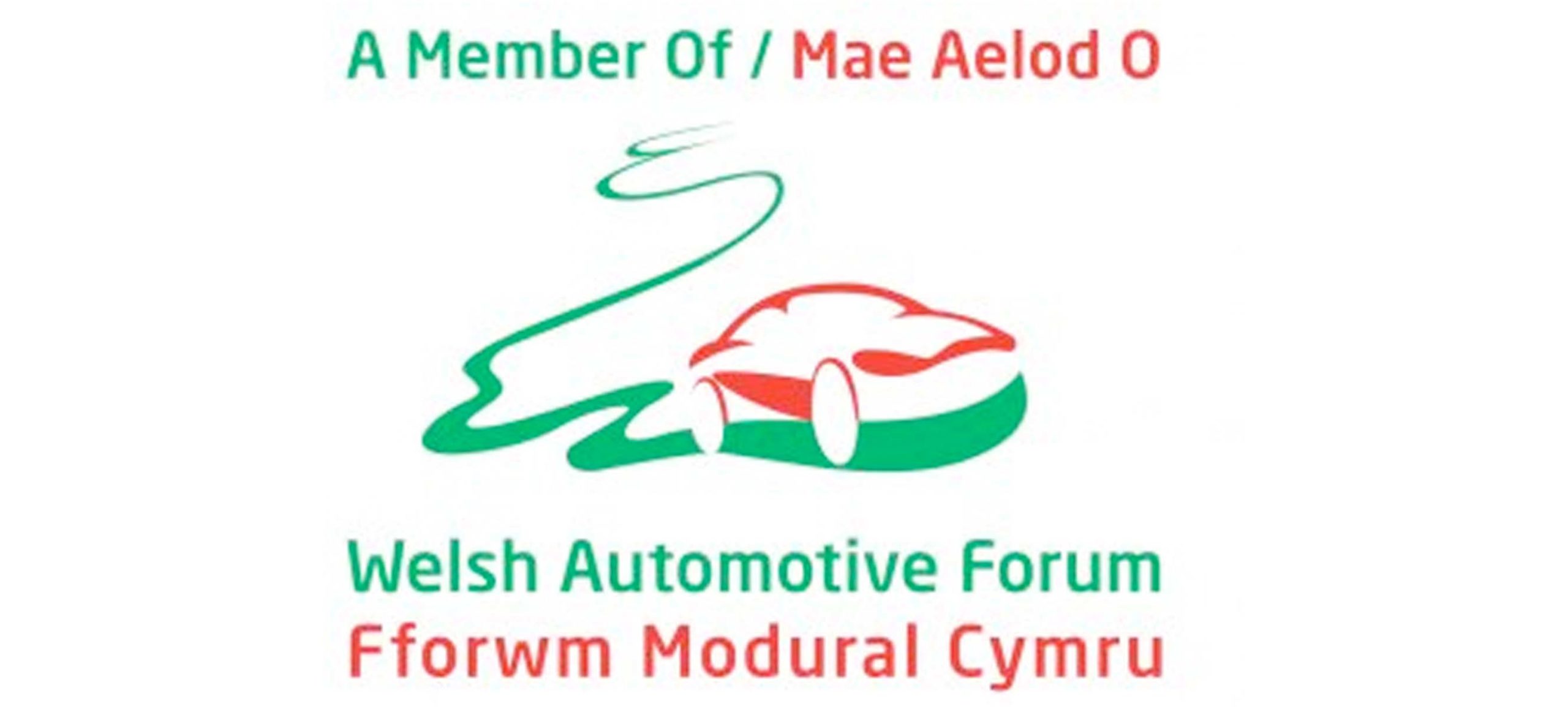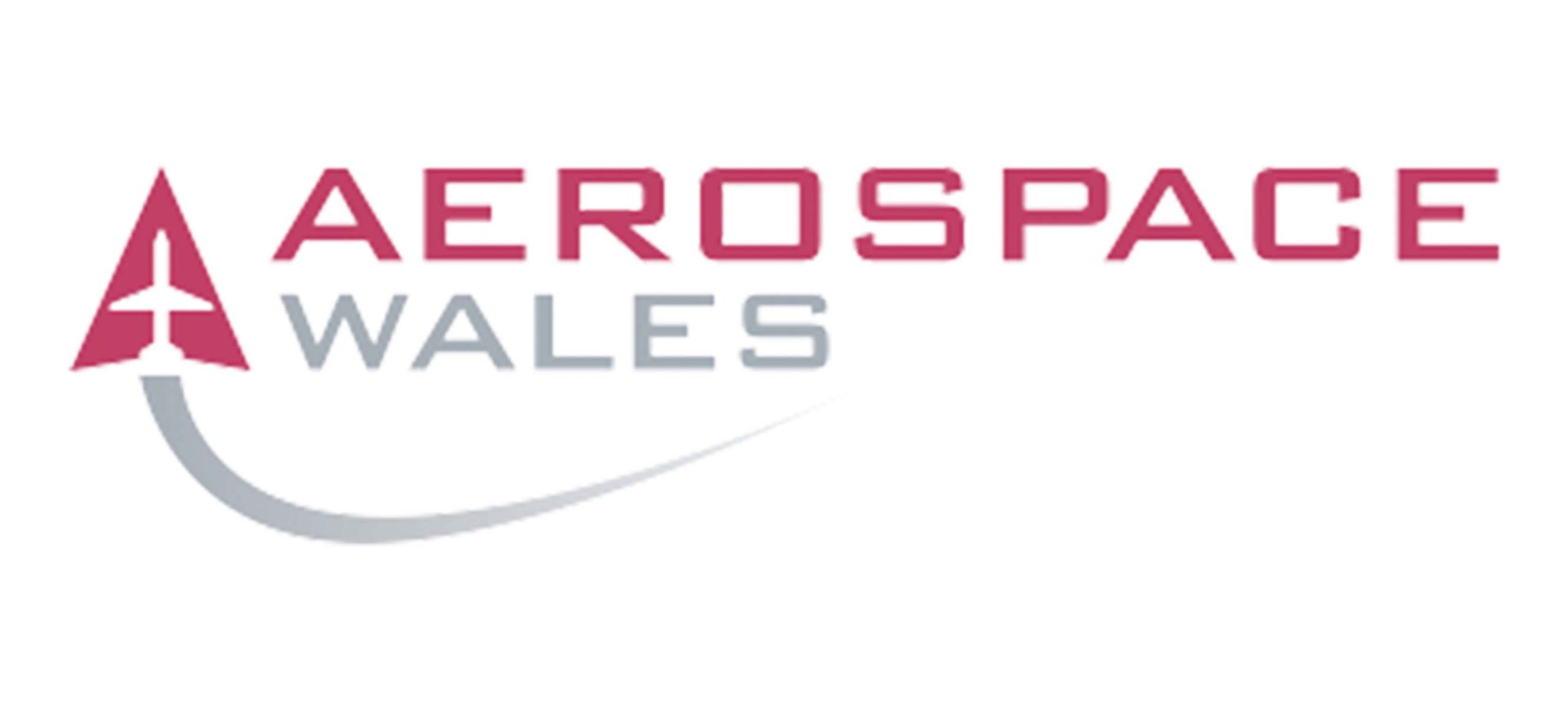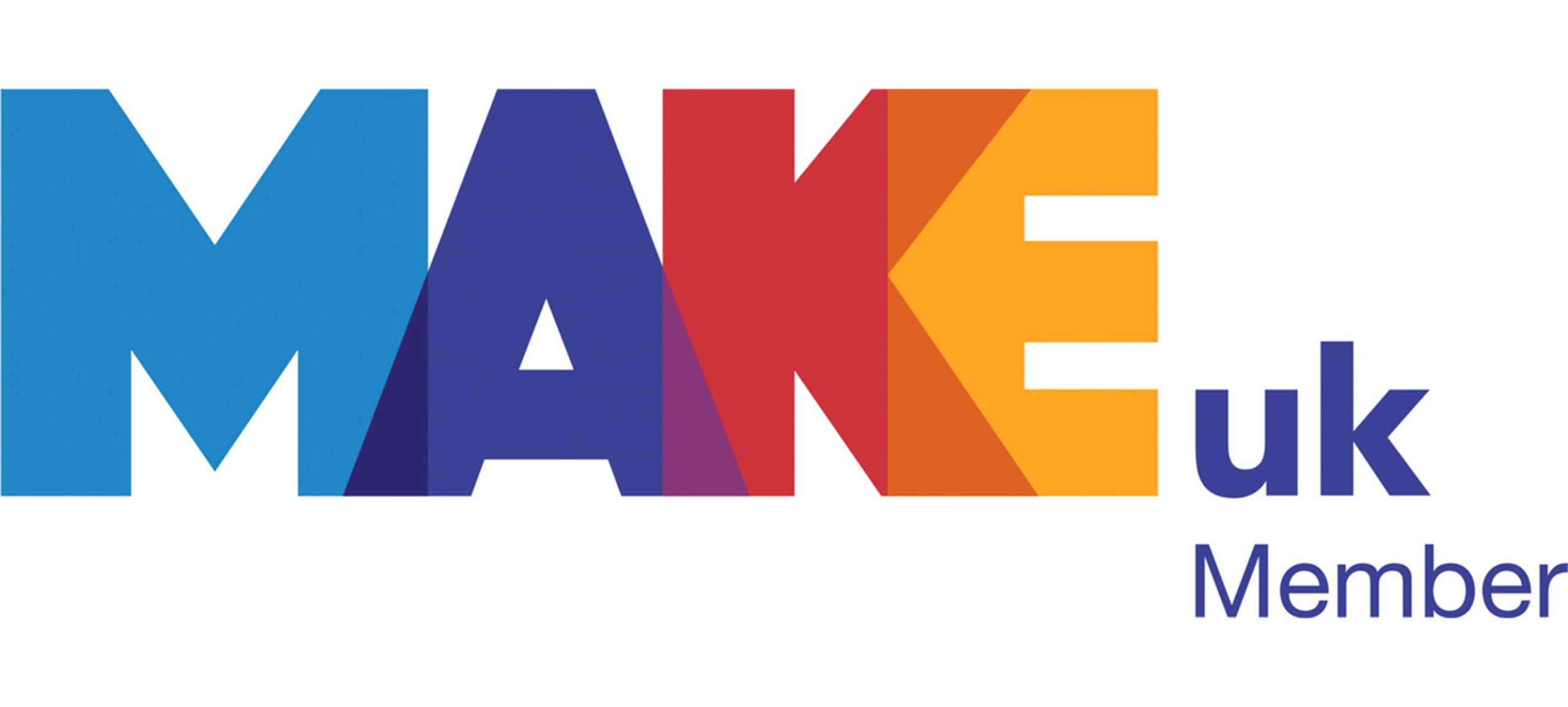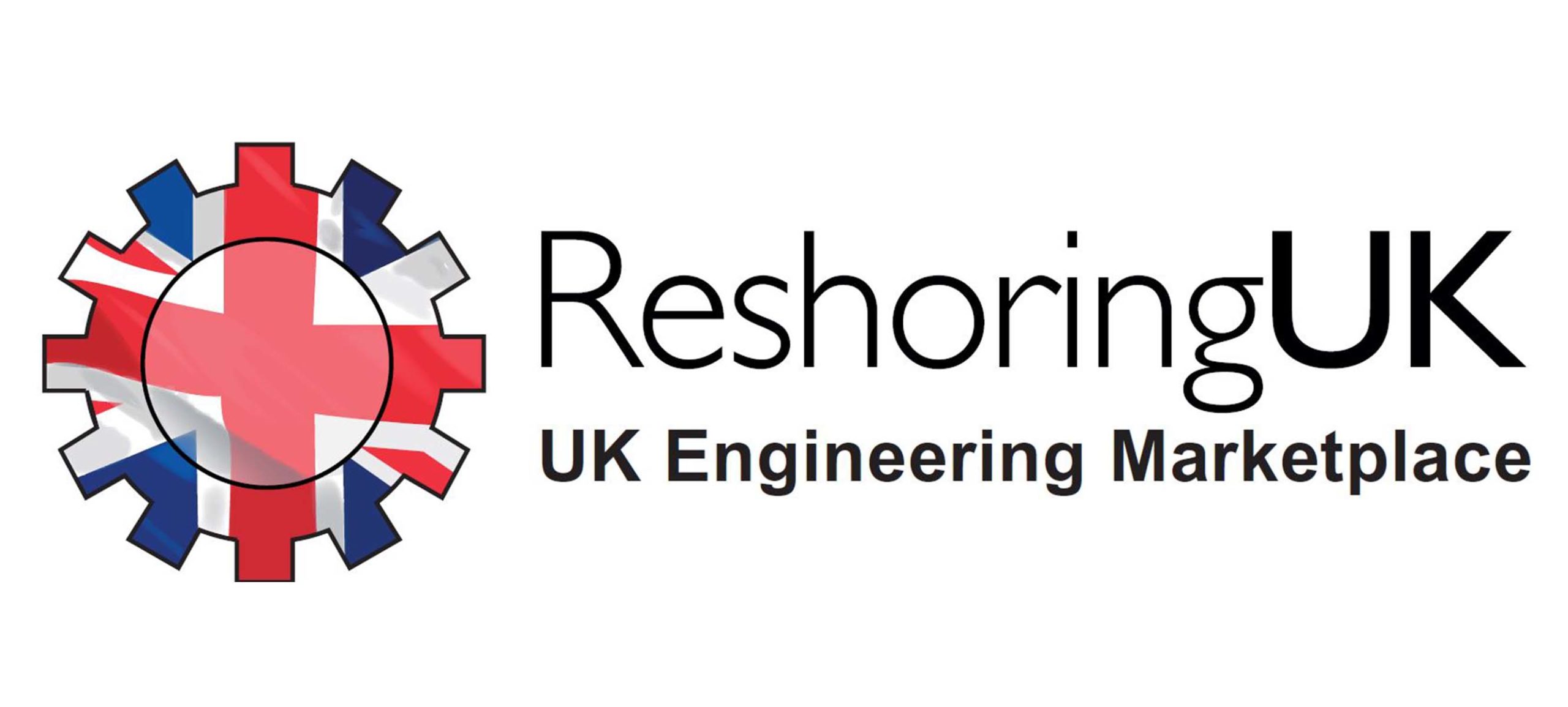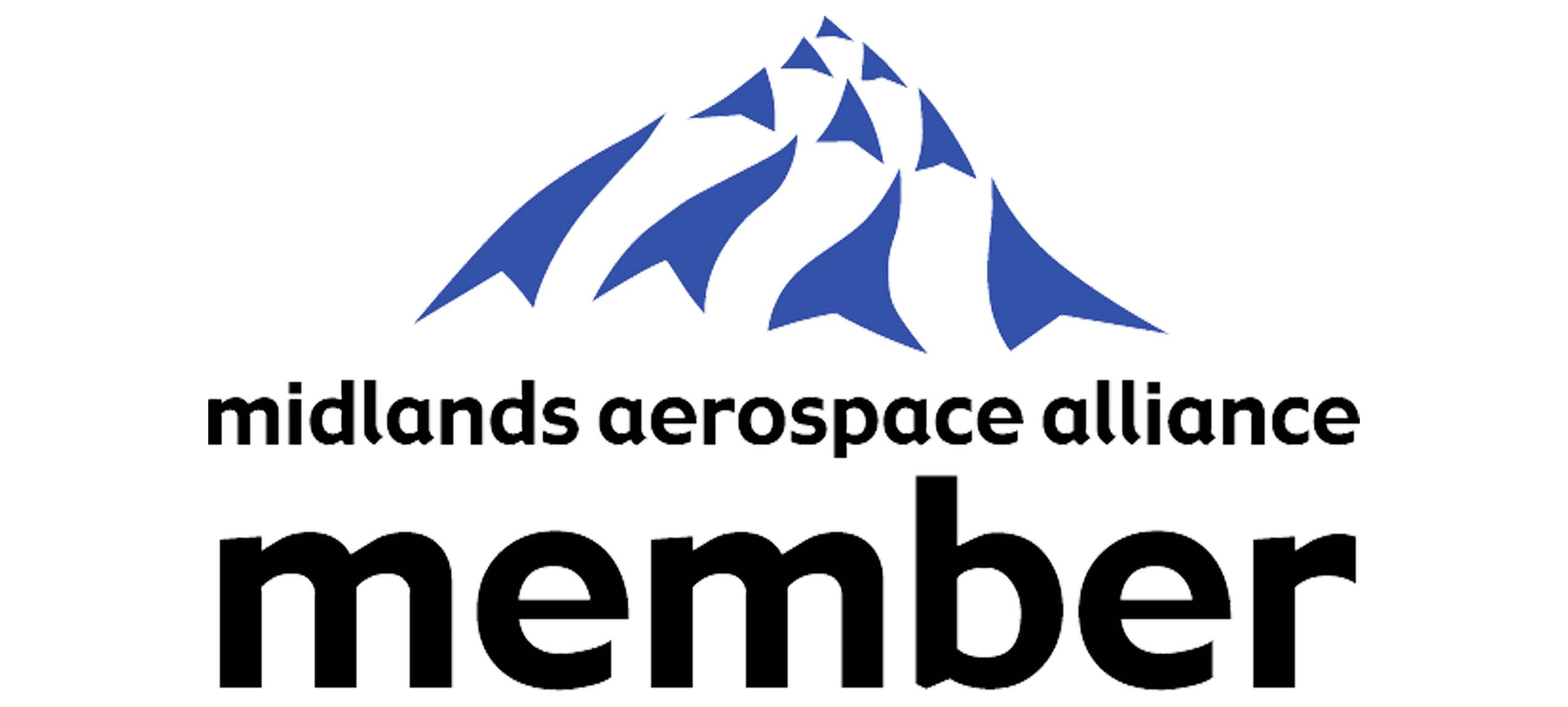RECO & BULA MACHINES FOR MEDICAL IMPLANT GRINDING & POLISHING
For medical implantable devices, precision is imperative to facilitate their integration or subsequent removal from the body with minimal damage or disruption to tissues. These man-made implants are intended to replace a missing biological structure or support an existing one. Often, these devices remain in place for years after the procedure.
BULA and RECO machines provide the technical precision and quality surface finish required by the medical industry. Combining quality mechanical components with market-leading CNC technology, these machines enable manufacturers to unite production efficiency with surface quality for the full spectrum of medical implants. These include orthopaedic implants such as those for knees, hips, ankles, shoulders, and even hands, dental devices, and implantable products for treating fractures and trauma like plates, screws, and nails.
With years of experience machining complex geometries and with an intricate understanding of the production of medical implants, Mastrini MS Ltd. is best placed to advise the medical industry on its manufacturing methods. The sole UK and Ireland agent for RECO and BULA machines, we take our responsibility for connecting UK organisations with Swiss precision technology extremely seriously. Whether you need advice on the right machine for your needs or help defining the best machining methods, Mastrini MS Ltd. Is here to help you find the solution.
HOW ARE MEDICAL IMPLANTS MANUFACTURED?
Though the exact methods will be adapted to the specific device in question, the manufacturing process for medical implants typically involves the following key stages:
- The implant is created in its first and roughest form, either through forging, casting, or metal additive printing. The method used will depend upon the complexity of the geometry involved, the material used, the mechanical properties of the device, the required production output, and the budget.
- Once the implant has been formed, it will be milled and ground down according to the first process and the geometry of the component.
- Surface finishing is of paramount important for medical implants, ensuring they do not cause an undesired host response or reaction from surrounding tissues. This is performed with the utmost precision using various methods including smoothing, polishing and dry-elect.
- Surface finished, it is then treated and coated according to the final application of the device, and finally cleaned ready for use.
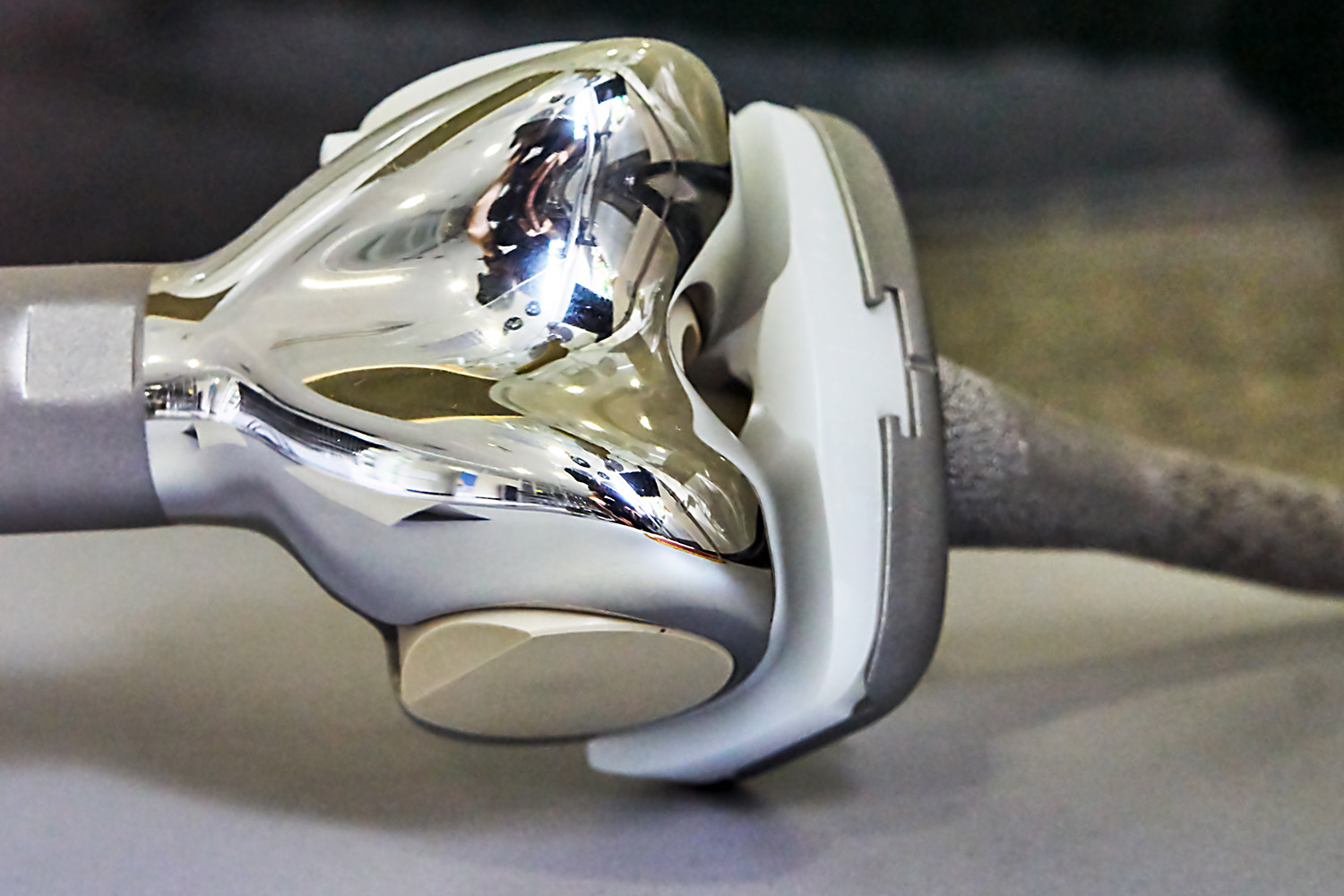
WHAT MATERIALS ARE USED FOR ORTHOPAEDIC IMPLANTS?
Orthopaedic implants are devices used for hard tissue applications such as the replacement of bones and joints, and the stabilisation of fractures. The materials used for these devices need to be biocompatible and mechanically robust, so making the right choice is critical. For many orthopaedic implants, materials like stainless steel (316L), cobalt chrome (CrCo) titanium and alloys (Cp-Ti, Ti64) can be used to achieve exceptional results. Some orthopaedic implants also utilise ceramics and polymers. As many of these materials are rigid and extremely hard, machining them effectively demands the use of only the highest quality mechanical components as provided by the RECO and BULA range.
WHAT MACHINES ARE USED FOR MEDICAL IMPLANT MANUFACTURE?
A range of different machines are used for the finishing of medical implants depending on the volume of production and the precision of the surface finish required. For low volumes, or even product testing and development, many manufacturers find that manual finishing machines like the RECO BU200 or BU210 alongside the BP300/310 polishing bench provide the right levels of performance.
For larger volumes, BULA and RECO produce a range of automatic CNC machines that achieve high rates of production without compromising on the exceptional standards required by medical implant technology. These include RECO grinding and milling machines CT501, the new-to-market CT5, and the MR430. BULA produce CNC machines suitable for automatic surface finishing to the highest standards as part of their Poligo range (B1, B2, B3) and the MP304.
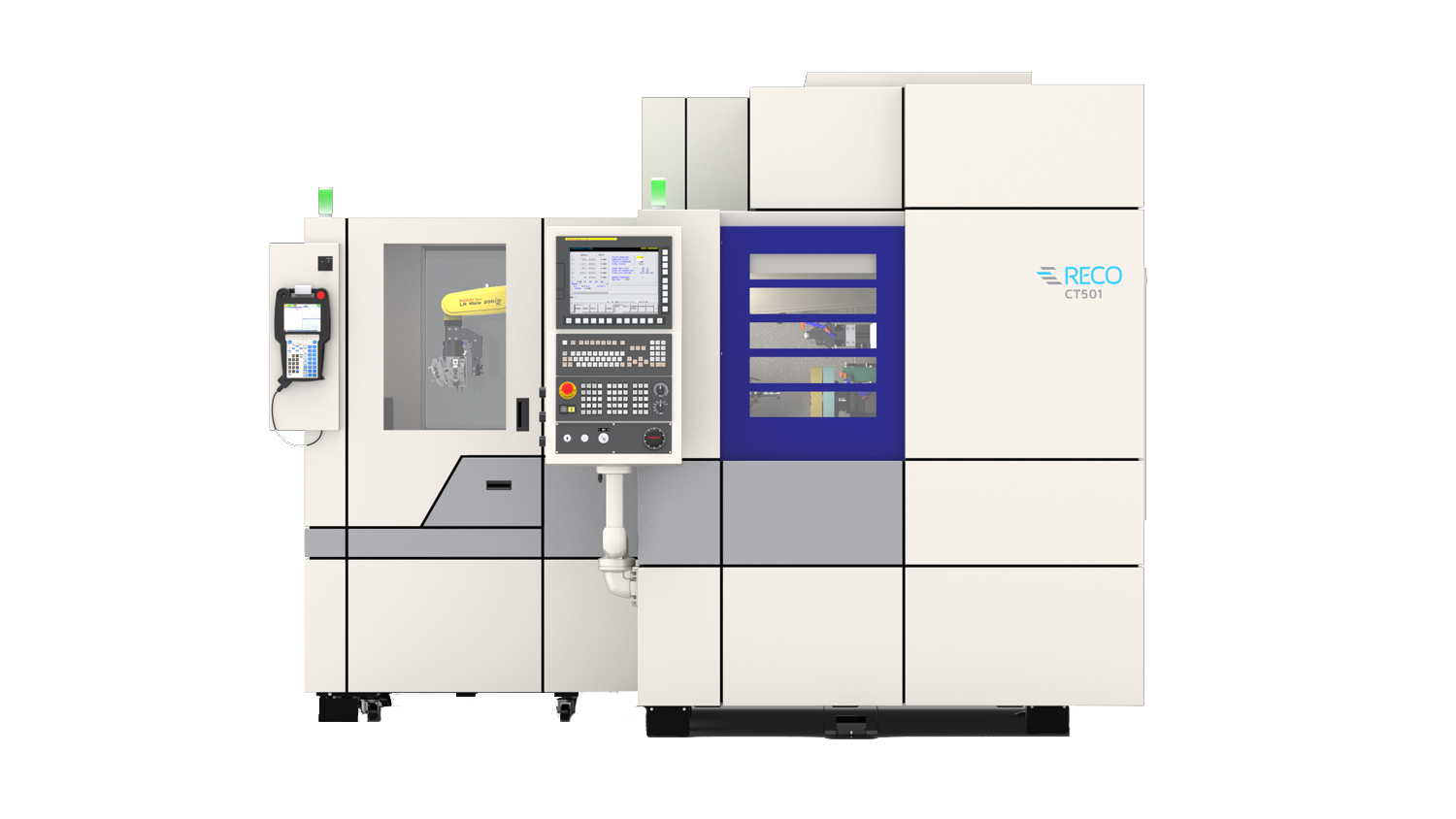
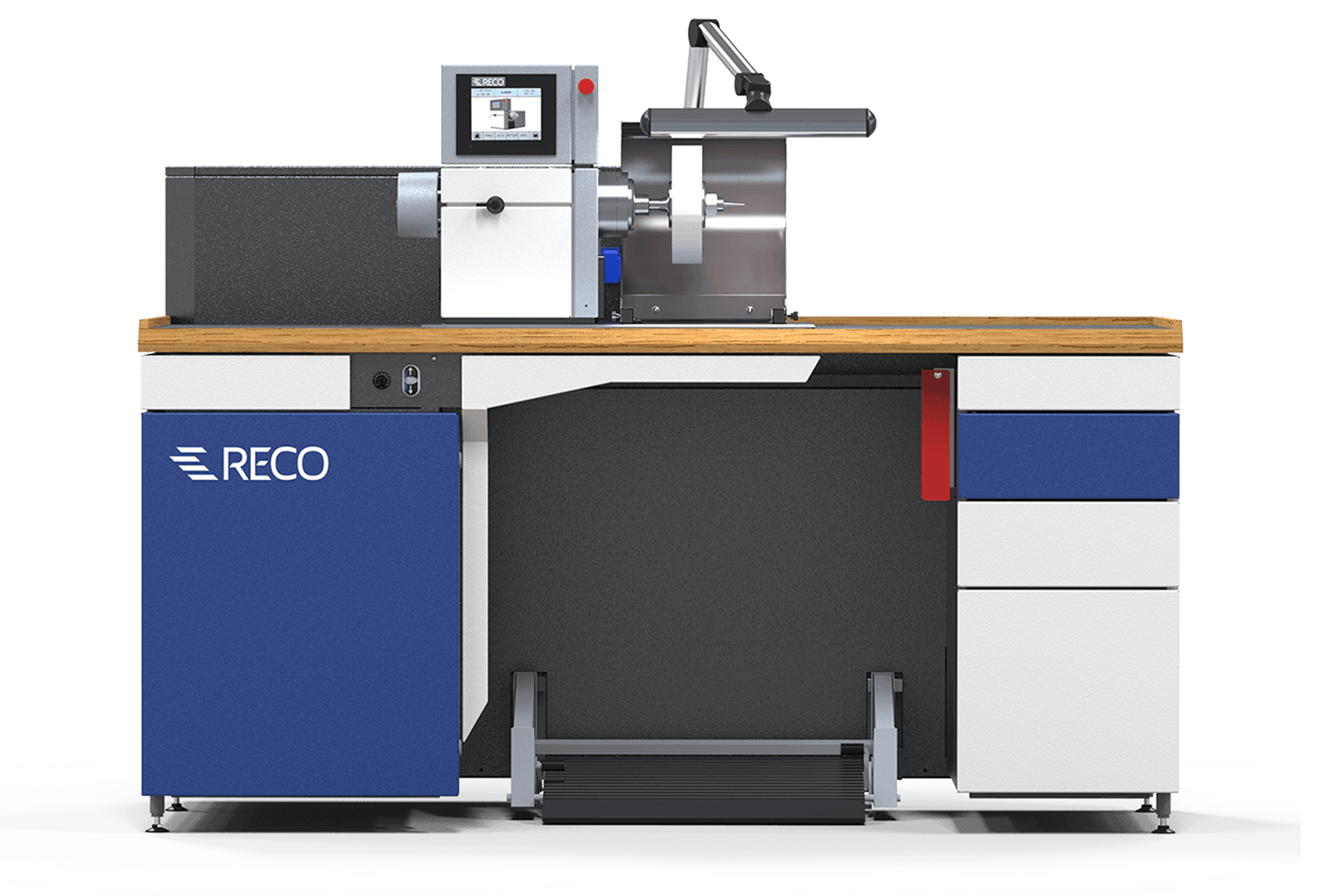
MANUAL MACHINES FOR MEDICAL IMPLANT DEVELOPMENT
BU200 and BU210 are manual finishing with universal capabilities, meaning they can perform a comprehensive range of finishing tasks and operations including felt, emery, and satin polishing, lapping, brushing, chamfering, drilling, and buffing.
With a high precision spindle comprising a Schaublin type W20 collet and manually adjustable feeding speed, these Swiss-made machines can achieve high quality results for short production volumes and product prototypes. These Swiss RECO machines can be integrated with the BP300/310 polishing bench, creating an adaptable, ergonomic workstation that can be tailored to your exact requirements.
To find out more about how Mastrini Ms Ltd. creates bespoke machining solutions for the medical industry, backed up by years of experience working with complex geometries, contact us today.
AUTOMATIC RECO CNC MACHINES FOR MEDICAL IMPLANT FINISHING
For automatic surface finishing, Swiss-made RECO and BULA machines are capable of providing multiple high precision machining operations. CT501 is the most compact option; it is a finishing centre with 6 axes, a single clamping operation, and the capabilities to perform multiple tasks including grinding, milling, and polishing.
Brand new on the market, CT5 combines ultra-compactness with energy efficiency. Able to prepare complex surfaces as well as carry out drilling, milling, and decorating tasks, the CT5 even includes a belt device for satining operations. Finally in the RECO CNC range for the medical industry, the MR430 provides the utmost precision with 5 axes. Easy to programme, this machine has grinding wheels suitable for the finishing of convex surfaces, as well as high rigidity enabling it to successfully machine hard materials like ceramic, sapphire,
and carbides.
Discover more about the range of automatic RECO CNC machines we offer at Mastrini MS Ltd by contacting us today. We can provide feasibility studies and advice on your production methods and machining processes to ensure you achieve the right solution.
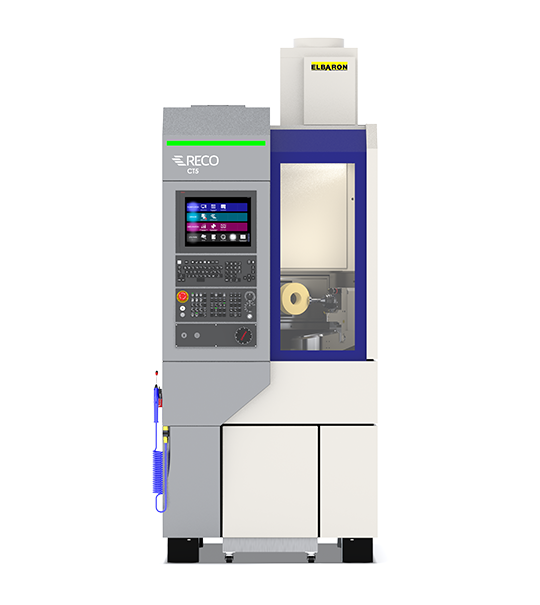
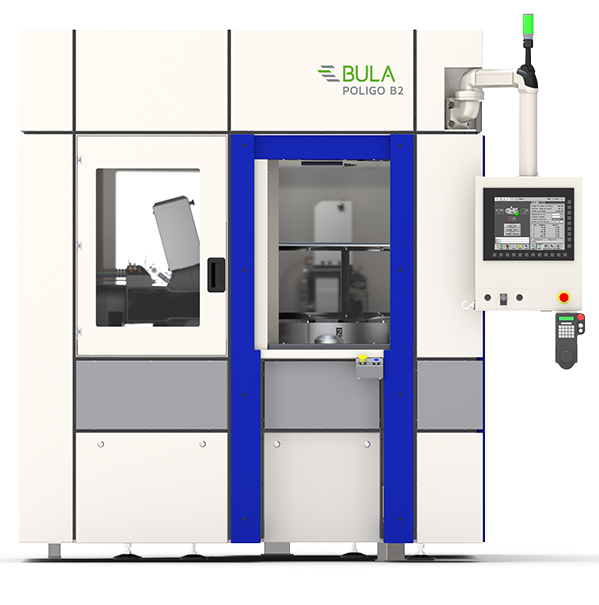
AUTOMATIC BULA CNC MACHINES FOR MEDICAL IMPLANT FINISHING
The BULA Poligo range of CNC machines are available in the models B1, B2, and B3. These models consist of 5 interpolable axes and enable manufacturers to automate the loading and unloading of workpieces. They deliver quality and consistency of finish for medium and large workloads through felt polishing, brushing, brightening, and deburring applications. The models differ mainly in their capacity and the indexed rotating tables. B1 offers 2 positions, B2 4 positions, and B3 a flexible 4-6 position indexed rotating table configurable with 3-4 CNC work units.
A final option to consider for the automatic machining of medical implants is the BULA MP304. This automatic finishing machine comprises a rotating table, 4 work units, and the option of 12-18 high precision spindles. This makes it perfectly suited to high production volumes and efficient brushing, brightening, polishing, and deburring.
For bespoke advice tailored to your production capacity, product specification, and workspace, don’t hesitate to contact Mastrini MS Ltd. High capacity BULA machines can enhance the production of medical implants, and we can help you integrate them into your processes in the most efficient way.
BENEFITS OF RECO & BULA MACHINES FOR MEDICAL IMPLANTS
There are numerous benefits to adopting one of RECO or BULA models for the surface finishing of your medical implant technology. These market-leading Swiss machines use the highest quality mechanical and electrical components, and achieve the exceptional results required of supporting or replacement synthetic tissues. Other benefits include:
- The ability to achieve a mirror polish finish.
- The ability to define and intricately control rugosity (Ra) of surface.
- A high productivity rate (including up to 1800 parts per hour with the MR430).
- The Poligo range require no programming or G, N, and M codes, making them easy and intuitive to use.
- Each model is designed to work in a compact environment with integrated vacuum systems fitted to reduce clean-up for polishing operations.
- The presence of 5 axes enables each machine to work with complex geometries.
- Every RECO and BULA CNC machine has an automatic option, allowing loading and unloading of workpieces to be carried out without human intervention.
SPEAK TO YOUR RECO & BULA MACHINE SPECIALIST
To effectively integrate with, replace, or support the human body, achieving the highest levels of precision for surface finishing is vital. The diverse range of materials used for medical implants are often hard, making robust, rigid, and reliable machining essential. RECO and BULA machines allow the medical industry to produce life-changing implantable devices, and Mastrini MS Ltd. is the sole UK and Ireland agent.
Many of the machines are modular, enabling us to tailor the technology to your needs and create a bespoke solution suited to the specifics of your production methods. We also provide Swiss feasibility studies to ensure you adopt the most suitable machine and achieve the right result economically. With experience supporting customers who handle complex and convex geometries, we can design a solution and process that facilitates reliable, efficient, and highly accurate manufacturing.
Our attentive after sales care means all our customers are fully supported through the integration of the machines we handle into their production processes. We provide numerous quality machines and tried-and-tested processes, even programming the machines and defining the best machining strategy on your behalf. For Swiss machines capable of achieving the highly efficient and accurate results demanded by the medical industry, get in touch with our expert team.
CONTACT US TODAY!
Discuss your CNC machine tool requirements with Mastrini MS Ltd.
We have the extensive experience and industry knowledge to provide tailored advice and find the ideal solution for your application.

